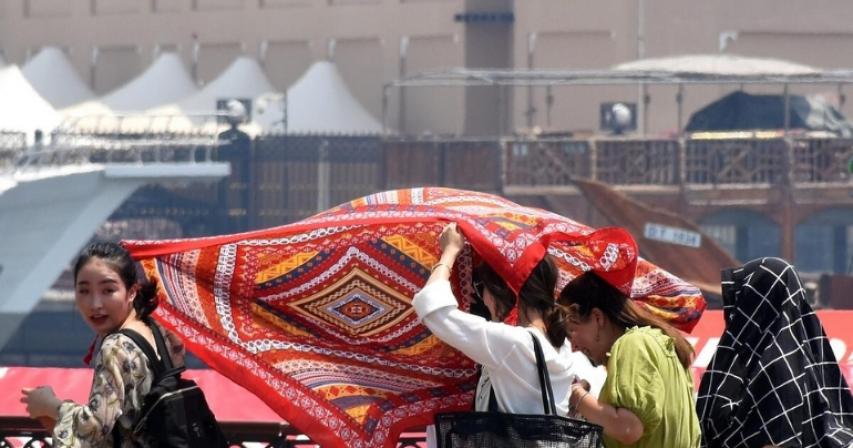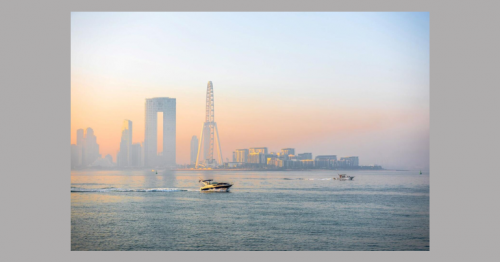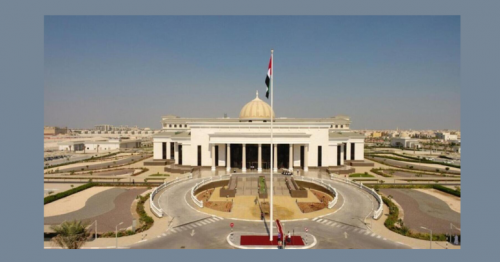UAE doctors issue ‘very serious’ Health warning as Temperature approaches 50°C

As peak summer temperatures nudge ever closer to 50°C, doctors in the UAE are urging people to take special measures to stay healthy during the hot spell.
Those working outdoors and children are most vulnerable to the health risks associated with extreme heat, and those with existing respiratory conditions should take extra care, doctors said.
Heat stroke and the effects of dehydration are more likely as a result of time spent outdoors, but as the humidity reaches 100 per cent this week, serious lung conditions are also possible.
“The temperatures this year are a little more than expected and we need to look at how the heat affects the body and our lungs in particular,” said Dr Sandeep Pargi, a pulmonologist at Prime Hospital in Al Garhoud, Dubai.
“The common problem during summer is humid air, as it is heavy and the oxygen content is slightly less making it difficult for those with chronic lung conditions.
“People can be breathless – this is a result of water vapour in the air.
“The common problem during summer is humid air, as it is heavy and the oxygen content is slightly less making it difficult for those with chronic lung conditions.
“People can be breathless – this is a result of water vapour in the air.
Changing climate
Avoiding the heat is commonplace for many, but some whose jobs require them to work outside for hours at a time have little choice but to brave the searing summer temperatures.
The UAE launched its annual mandatory midday break for outdoor workers on June 15, restricting labour outside from 12.30pm until 3pm.
The Ministry of Human Resources and Emiratisation policy is in place until September 15.
The risk of heat stroke could become a more familiar problem in years to come if average global temperatures continue to rise.
On Monday, July 3, the world’s average temperature reached a new high of 17°C for the first time.
While that reading is still well below the summer temperatures common in the Middle East, it points to a changing climate and the risk of more associated health problems in future.
While doctors said hospital admissions for heat stroke during summer were rare, people should be aware of the signs and symptoms and know how to respond, particularly if someone has an existing health condition.
“Thankfully we don’t see many heatstroke cases, but everyone should recognise the signs so it can be treated fast,” said Dr Ram Shukla, infectious disease specialist at NMC Royal Hospital, Sharjah.
Source The National News
By: Gurmeet Singh





Comments